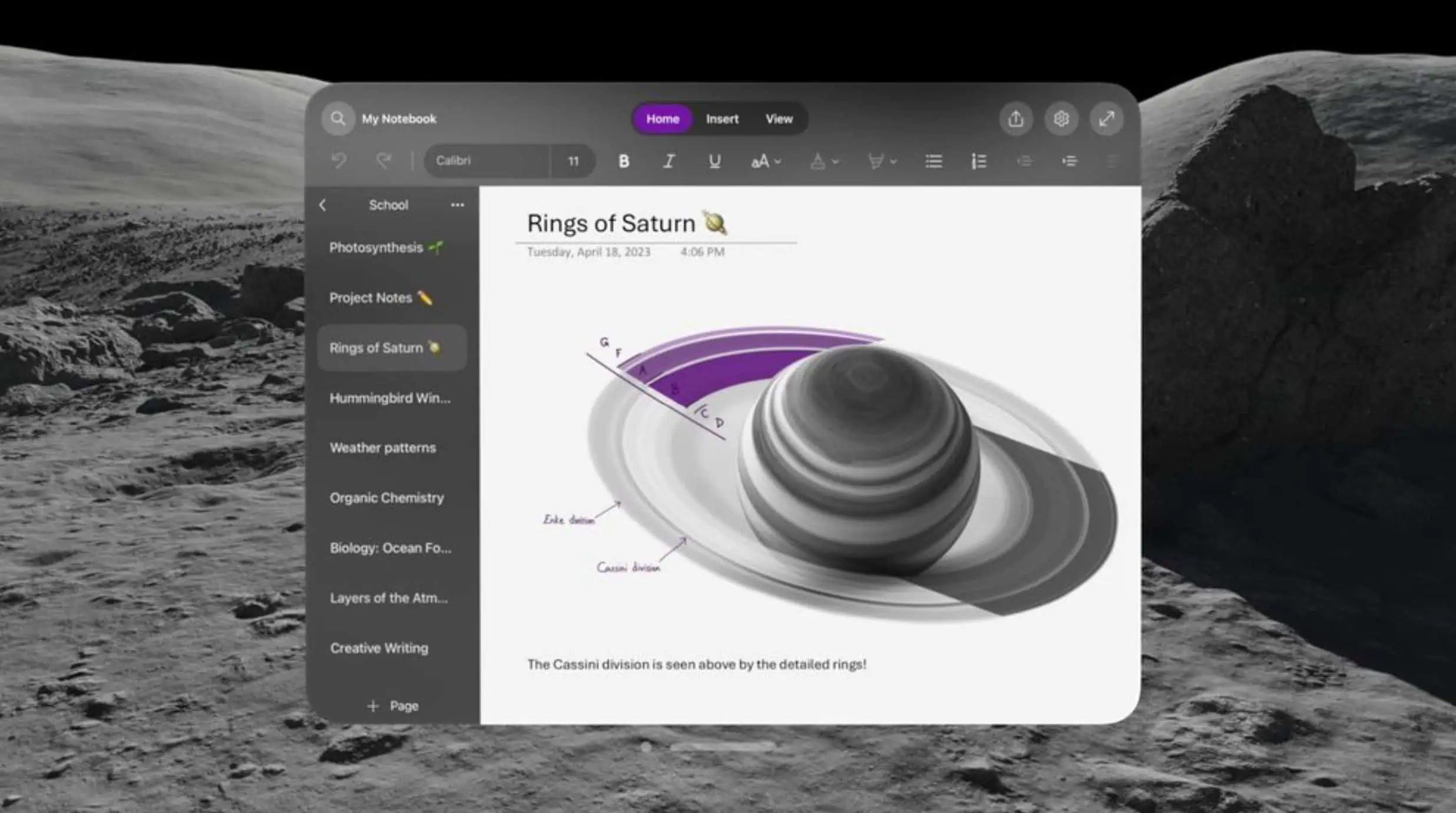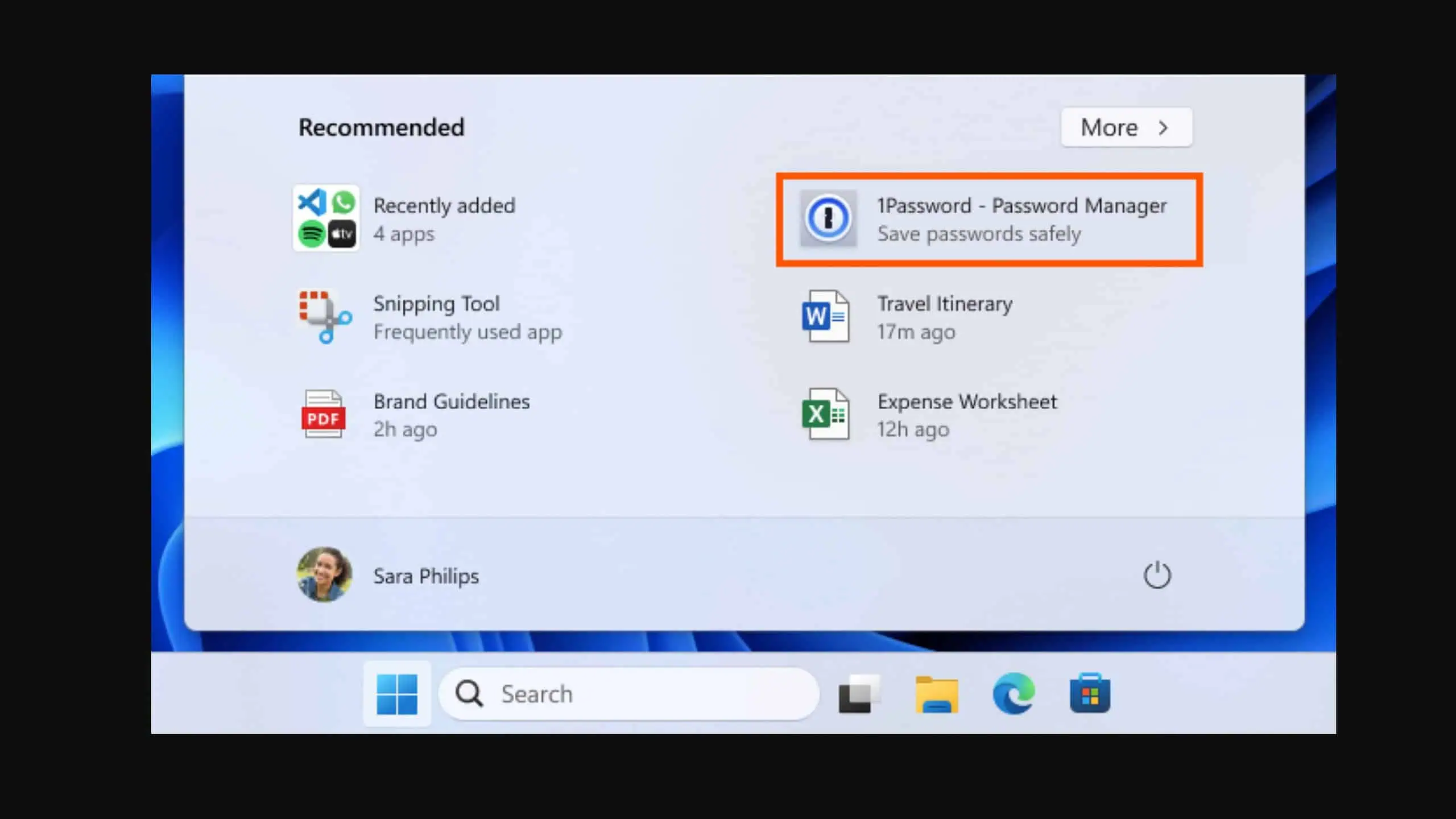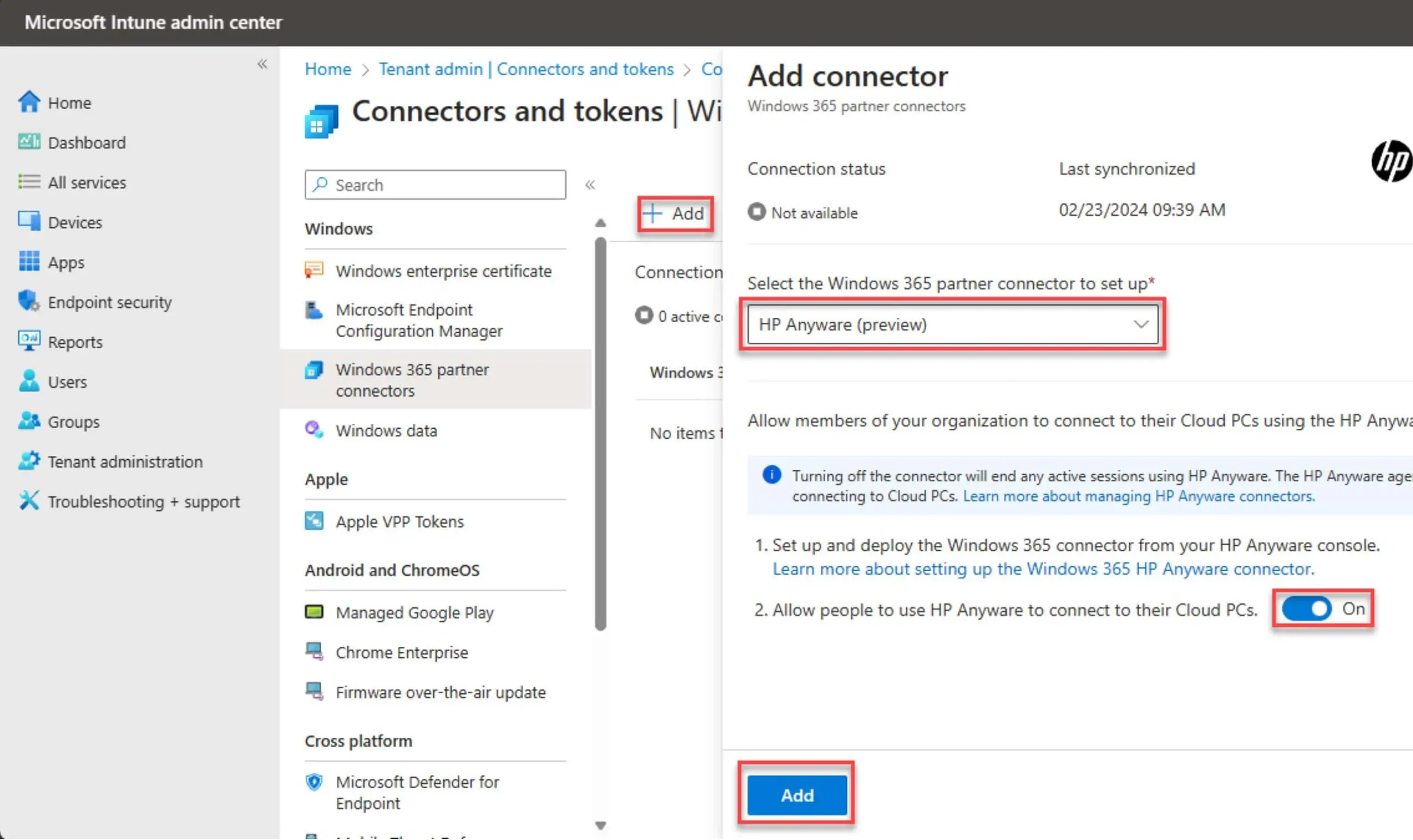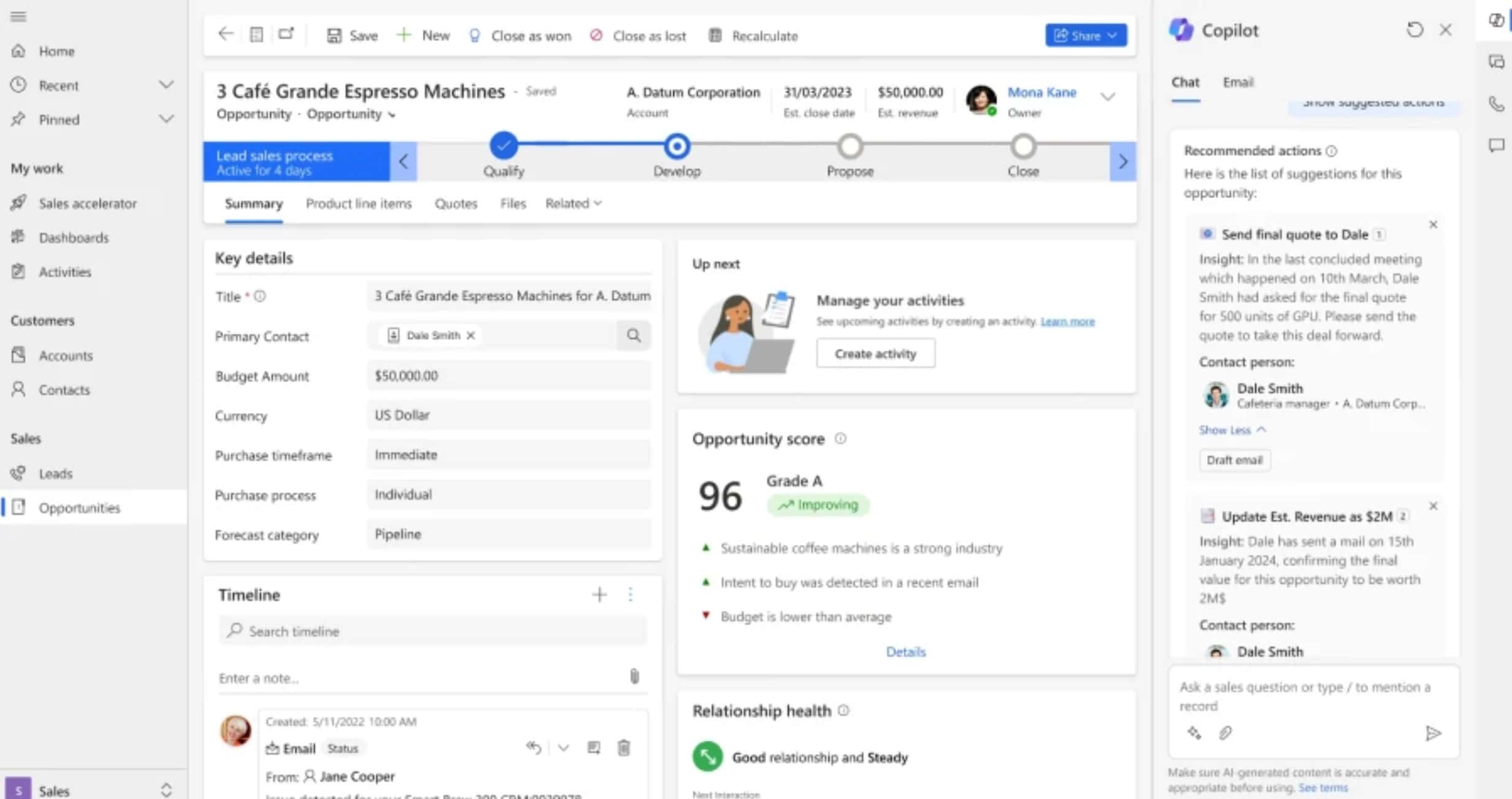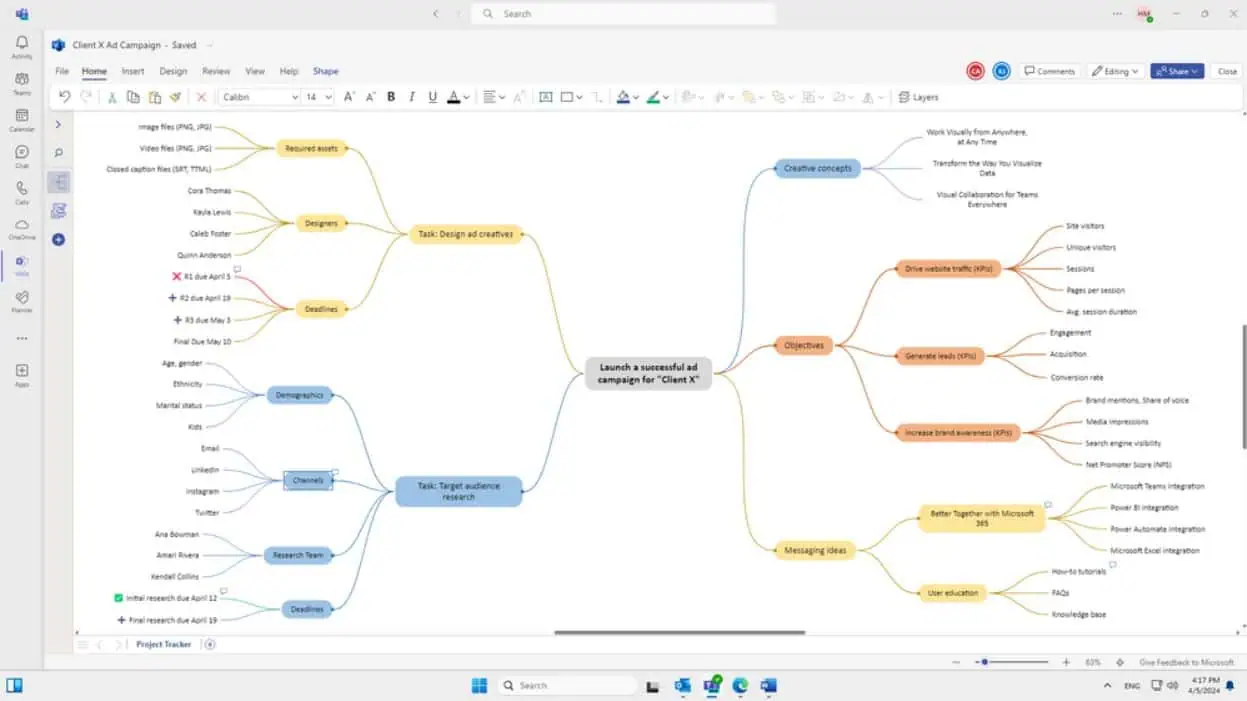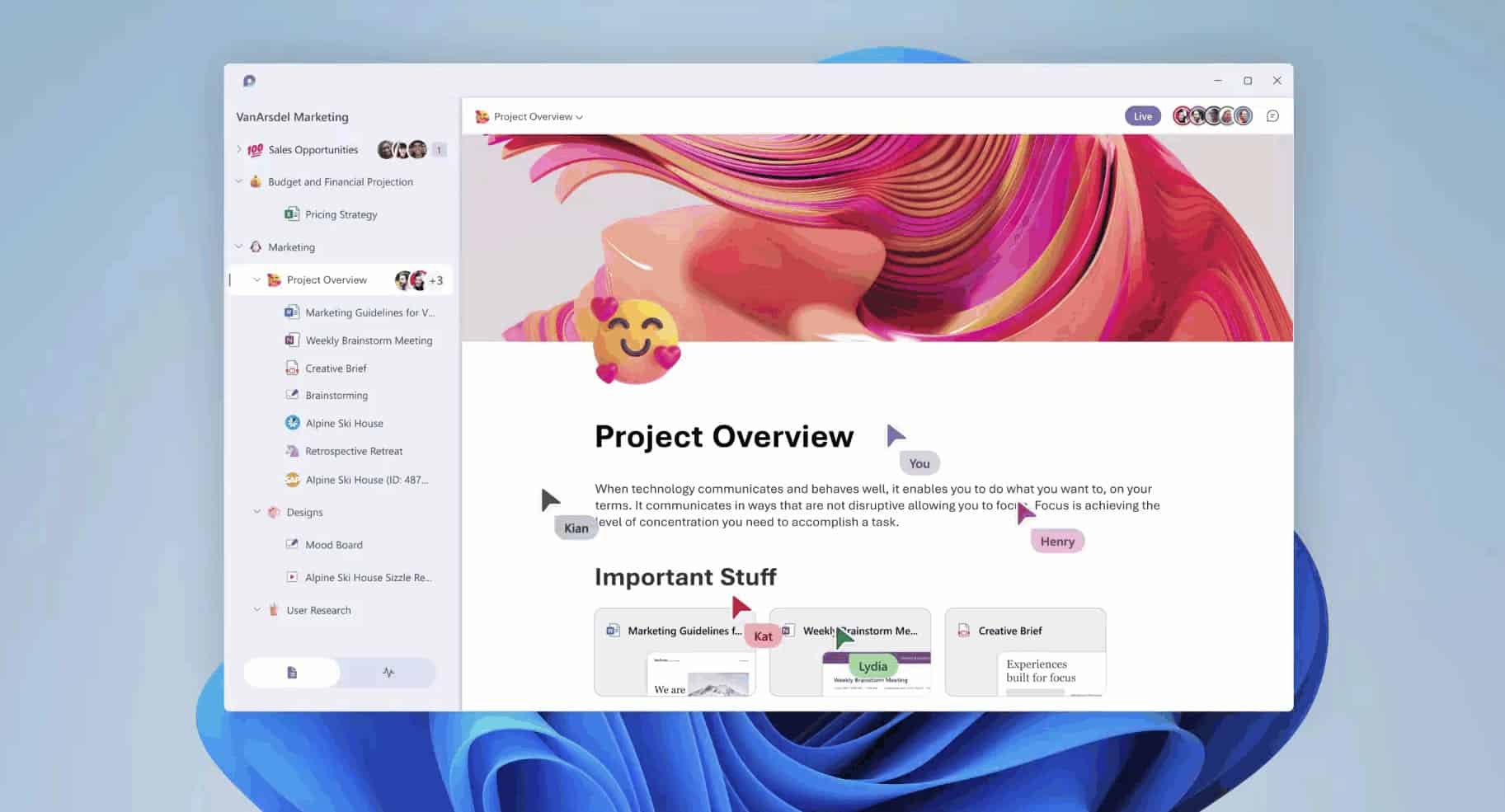Intel is working with Microsoft to validate eSIM-enabled Windows 10 PCs
1 min. read
Published on
Read our disclosure page to find out how can you help MSPoweruser sustain the editorial team Read more

At WinHEC 2016 last year, Microsoft announced improved support for cellular connectivity in Windows 10 PCs. Microsoft announced that they will add support for eSIM in Windows that will allow partners to build always-connected devices without hindering form factor design. eSIM is a pure electronic SIM card for mobile phones and is no longer removable. Instead, it’s programmable and end users could just chose their contracts/conditions on a web site and change the provider instantly. With eSIM support in Windows 10, OEMs can build devices without an exposed SIM slot, making it easier for people to activate a data plan right on their device.
At Computex 2017, Microsoft today announced that device partners ASUS, HP, Huawei, Lenovo, VAIO, and Xiaomi, are committed to release Windows PCs using eSIM technology.
At the silicon layer, Qualcomm already supports eSIM and Intel today announced that they are investing in eSIM and LTE technologies. Intel is now working closely with Microsoft to validate eSIM-enabled always connected platforms with multiple carriers using the Intel XMM 7260 modem and the upcoming Intel XMM 7360 modem. During the press event, Intel along with ASUS unveiled an upcoming always connected PC, code-named “Kukuna.” Powered by Intel Core processors and Intel LTE connectivity.


